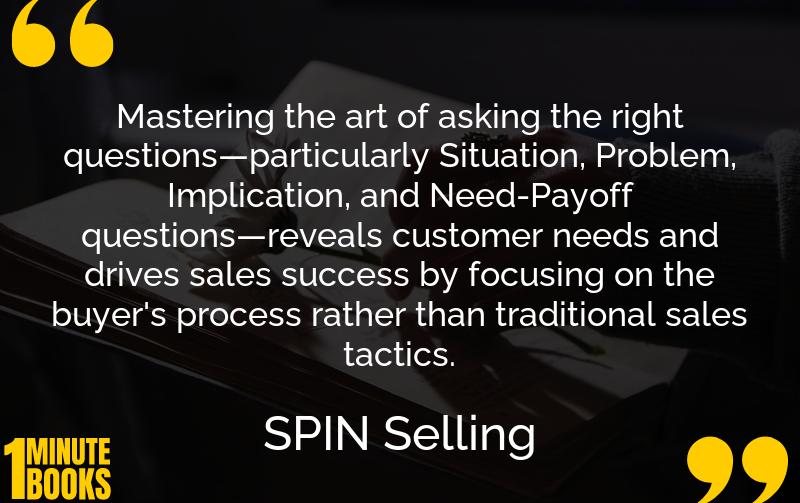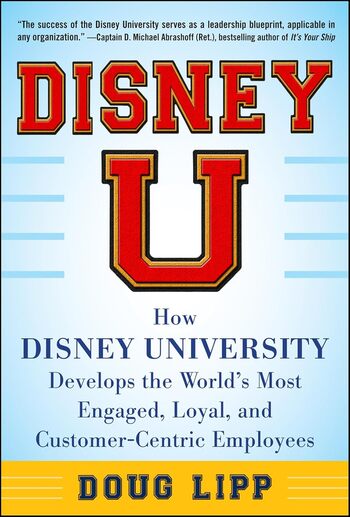
SPIN Selling by Neil Rackham introduces a sales methodology based on research of over 35,000 sales calls. Focused on high-value product sales, it involves asking situation, problem, implication, and need-payoff questions to guide prospects.
Main Lessons
- SPIN Selling is a sales methodology focused on high-value transactions.
- The technique is based on research involving 35,000 sales calls across 23 countries.
- SPIN stands for Situation, Problem, Implication, and Need-Payoff.
- Situation questions explore the prospect’s current processes and goals.
- Problem questions identify challenges and needs.
- Implication questions highlight the urgency and impact of problems.
- Need-Payoff questions showcase potential solutions and benefits.
- SPIN Selling emphasizes adapting questions to the conversation.
- The methodology encourages engagement without following a rigid script.
- Social proof and trust-building are essential components.
- SPIN Selling takes time to implement but can enhance sales conversations.
- It isn’t a one-size-fits-all solution; the approach is more personalized.
- Introducing SPIN involves education and practice for sales teams.
- Situational questions should not directly mention the product initially.
- Visualization and charting can help teach the SPIN framework.








